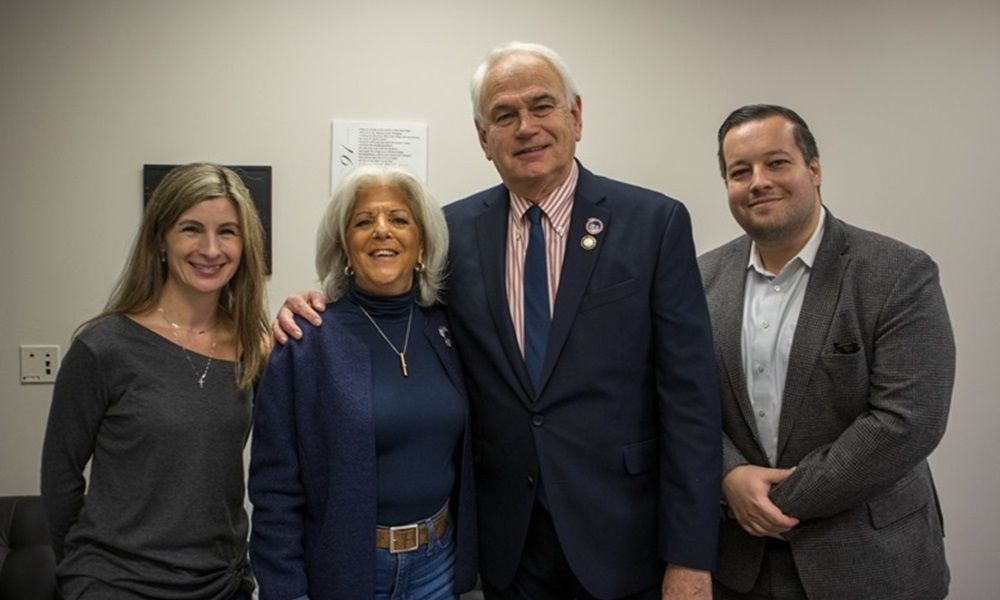During a Vetsgiving event at CM Paladino’s office in November, Chairman of NYC Council Dept of Veterans Services Robert Holden bragged at how ‘they’ had replaced open bunks with cubicles for the veterans at Borden Ave Veterans’ Residence, a self-described shelter with a least a dozen violent sex offenders in residence among the 154 vulnerable veterans enrolled in the VA’s $3.9 Million Grant & Per Diem Transitional Program.
Since 1994, the Veterans Affairs Grant & Per Diem (GPD) Transitional Program has awarded grants to community-based organizations to provide transitional housing with wraparound supportive services to assist vulnerable veterans move into permanent housing. Grant recipients are required to provide supportive services including housing resources, mental health services, transportation to VA appointments, employment, and a safe and drug-free environment. In addition to providing supportive services to the veterans in the program, but also provide outreach services to veterans in shelters and on the streets.





